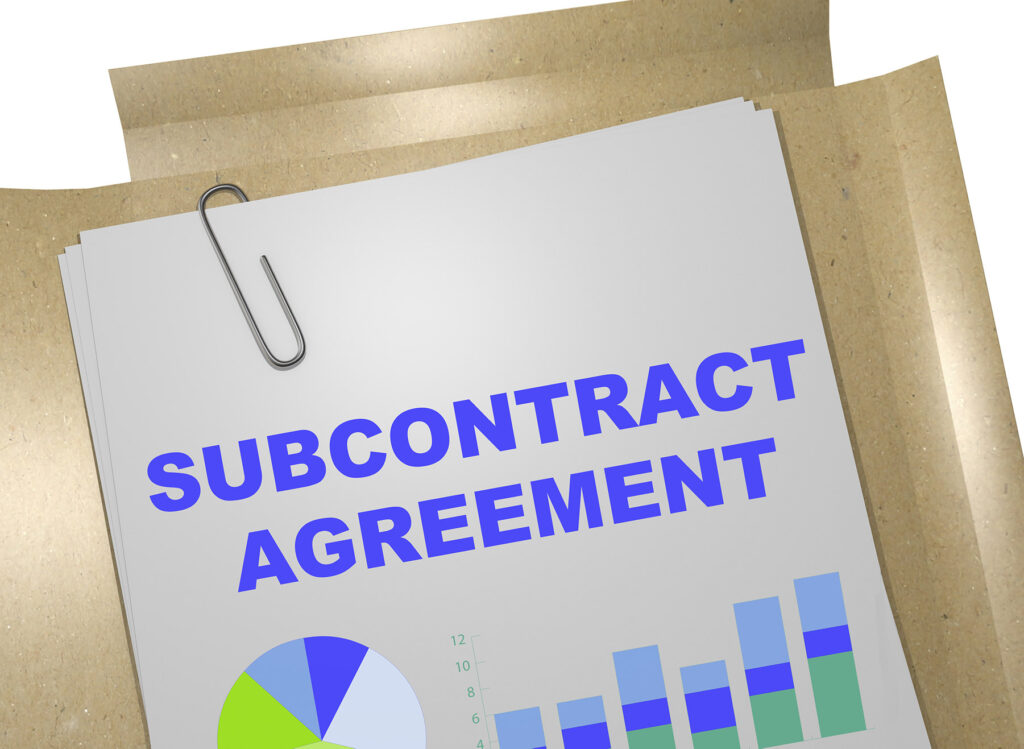The Termination for Convenience Clause

If your subcontract contains a termination for convenience clause, the general contractor isn’t held to the same standard and can walk away from their obligations to you at any time.

If your subcontract contains a termination for convenience clause, the general contractor isn’t held to the same standard and can walk away from their obligations to you at any time.

TCLF Owner and Managing Partner Karalynn Cromeens answers the question “Why should you negotiate your commercial subcontract?” I can remember the first time a read a commercial subcontract as a baby attorney, I thought it was better off to burn it and start from scratch than to try to fix it. It was the most […]

Not understanding a contract that you sign is extremely dangerous. A legal land mine awaits you if you sign a contract without reading and understanding what you are signing. The best way to prevent a lawsuit is to understand all the terms of your contract—in plain language.
A “Pay-when-Paid” clause is not covered under Chapter 56, as Chapter 56 “does not affect provisions that affect the timing of a payment…if the payment is to be made within a reasonable period.” It merely creates a future event as a convenient time for payment; but still requires the general contractor to pay the subcontractor. In other words, in most cases a “Pay-when-Paid” clause is enforceable.